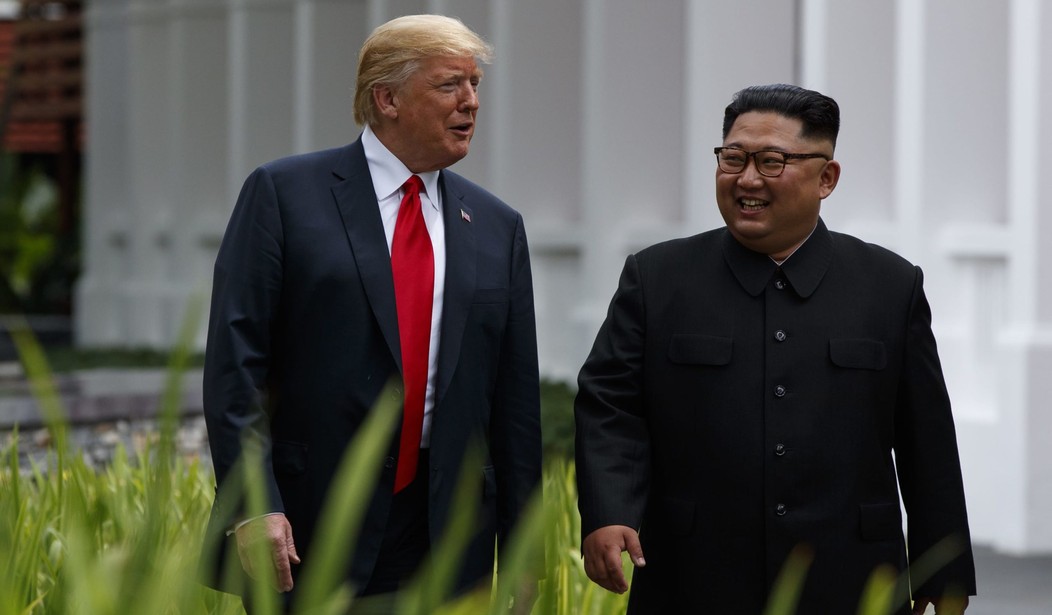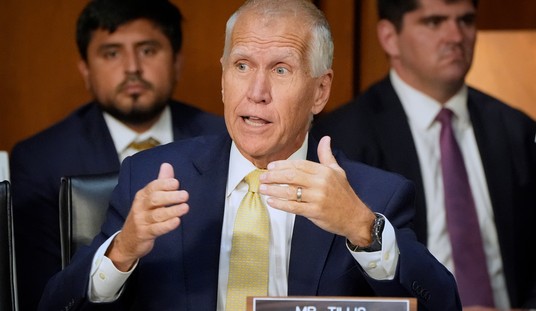Former National Security Advisor John Bolton criticized the Trump administration for its behind-the-scenes efforts to scotch a UN meeting on human rights violations by North Korea.
Maximum pressure against North Korea’s nuclear program requires mobilizing the widest possible support. Kim’s repression of his people, terrorist activities, and pursuit of WMD’s all warrant the fullest scrutiny. We should take the lead, not obstruct other nations @jonathanvswan
— John Bolton (@AmbJohnBolton) December 10, 2019
The State Department appeared to agree with Bolton.
The Hill has reached out to the State Department for comment. A department official told The New York Times that any discussions on the hermit nation should include its recent missile launches and the satellite launch site test.
A State Department official also told The Hill on Monday that the Trump administration was planning to ask the UN Security Council to discuss the country’s missile launches and the “the possibility of an escalatory” provocation from Pyongyang.
North Korea has demanded concessions from the United States by the end of the year and is threatening a “Christmas gift” to the U.S. The escalating rhetoric by the regime has alarmed the U.S. and the administration is calling for a security council meeting this week to discuss it.
But Bolton’s concerns are well-founded. Trump’s move to block the discussion of North Korean human rights abuses is the wrong track to take with the Hermit Kingdom. While realpolitik might dictate we ignore the abuses and concentrate on denuclearization, we’re not going to get either unless maximum pressure is applied.
The diplomatic retreat at the U.N. comes at a time when tensions are rising between the United States and North Korea, which has resumed testing on its medium-range missiles in recent weeks. Earlier this month, a senior North Korean official threatened to deliver a “Christmas gift” to the United States, a remark that stirred concern that Pyongyang planned to escalate the confrontation with Washington.
On Sunday, Pyongyang announced it had conducted a “very important test” at one of its missile sites, fueling concerns among experts and U.S. officials that the test could be for an engine for an intercontinental ballistic missile or satellite launcher. Such a launch could derail relations between Trump and Kim and fuel new tensions on the Korean Peninsula.
Kim and his surrogates have in the past heaped praise on Trump after high-profile summits between the U.S. and North Korean leaders, but in recent days they reverted to a sharp war of words, precipitating worsening relations between the two countries. Kim Yong Chol, North Korea’s infamous former spy chief and negotiator who traveled to Washington to meet Trump twice last year, called Trump a “heedless and erratic old man” on Monday. He vowed that North Korea would not cave to U.S. pressure to give up its nuclear programs.
For once, Trump appears willing to tone down his own rhetoric and not provoke Kim any further. But there are worries that no matter what Trump says, North Korea is determined to make a big statement at the end of the year — big enough that it might elicit a strong response from the president.
Kim Jong Un is too smart and has far too much to lose, everything actually, if he acts in a hostile way. He signed a strong Denuclearization Agreement with me in Singapore. He does not want to void his special relationship with the President of the United States or interfere…. https://t.co/THfOjfB2uE
— Donald J. Trump (@realDonaldTrump) December 8, 2019
Kim may want to remain a partner with Trump in talks, but he may have painted himself in a corner.
Former U.S. State Department official Mintaro Oba, who specialized in the Koreas during the administration of Barack Obama, agreed. Both countries have repeatedly failed to demonstrate the creativity and flexibility needed for a substantive agreement, he told CNBC Monday.
“We will see a return to heightened tensions, or we’ll see some smaller, face-saving arrangement that allows both sides to maintain the current diplomatic process through 2020 without any major concessions,” Oba said.
Pyongyang could be looking for “substantial” sanctions relief by the year-end deadline, according to Oba. He said that will bring in more money to support the North Korean regime, which has faced a shrinking economy from punishing international sanctions.
In the past, whenever Kim or his father wanted big concessions from the U.S., they would conduct a nuclear test. Trump won’t fall for that, so we can probably expect an even further cooling of relations going into next year.










Join the conversation as a VIP Member